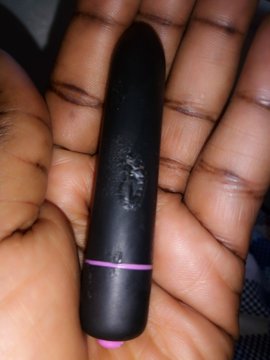Hugh Masekela, South Africa’s trumpeter, jazz artist and music legend, is dead. He died of prolonged prostrate cancer at age 78. According to his fami
Hugh Masekela, South Africa’s trumpeter, jazz artist and music legend, is dead. He died of prolonged prostrate cancer at age 78. According to his family who put out a statement to announce his death,
There has been an outpouring of tributes to his music, his long career and his anti-apartheid activism. South African President Jacob Zuma praised Masekela as a jazz artist, legendary trumpeter, cultural activist and liberation struggle veteran.
“He kept the torch of freedom alive globally fighting apartheid through his music and mobilising international support. It is an immeasurable loss to the music industry and to the country at large,” Zuma said.
Hugh Masekela fled apartheid South Africa in 1960, and did not return until after the release of Nelson Mandela in 1990. Among his greatest hits were the beloved anthem ‘Bring Him Back Home’, demanding Mandela’s freedom from jail, and ‘Grazing in the Grass’ which topped the Billboard Hot 100. He was the first African male Grammy nominee in 1968 and won the Lifetime Achievement Award at the CHOMVA, Ghana Music Awards, Jazz FM Awards and MAMAs.
Keeping up his international touring schedule into his 70s with energetic shows, his concerts at home often became mass sing-alongs. A teenaged Hugh Masekela was handed his first trumpet and later a Louis Armstrong hand-me-down through anti-apartheid activist priest, Father Trevor Huddlestone.
Masekela spent his early years in a conservative small town east of Johannesburg, surrounded by coal mines that relied on cheap black labour. Growing up under the worst of apartheid’s racial laws that classified blacks as second-class citizens, Masekela was desperate to leave the country that he described as cursed.
“When the airplane finally took off, it was as though a very heavy weight had been taken off me as if I had been painfully constipated for 21 years,” he said of his flight to London.
Despite his long exile, the aching pain of a country ripped apart by skin colour never left his music. Hugh Masekela moved to New York to study at the Manhattan School of Music and fell into a fast-paced life alongside fellow South African legend Miriam Makeba and giants of music like Dizzy Gillespie and Harry Belafonte. Masekela and Makeba were briefly married in the early 1960s.
He later spent several years in West Africa, where he played with icons like Fela Anikulapo Kuti, and in 1974 helped organise a three-day festival ahead of the ‘Rumble in the Jungle’ boxing clash between Muhammad Ali and George Foreman.
His life was however filled with excesses; women, alcohol and drugs which he struggled with from his youth. Masekela finally returned to South Africa after the release of Mandela, who telephoned him while he was in New York.
AFP


